Russian Paratrooper Who Condemned War In Ukraine Arrives To Seek Asylum In France
[ad_1]
Leaders and politicians around the world have expressed their condolences as news spread that the last Soviet leader, Mikhail Gorbachev, whose reforms helped end the Cold War and free Eastern Europe from communism, but also led to the collapse of the Soviet Union, died overnight at the age of 91.
Some in Russia and elsewhere took to social media to criticize the man they blamed for making Russia a second-rate power, a feeling that eventually led to the rise of President Vladimir Putin, who has tried for the past quarter-century to restore Russia to its former glory and beyond.
Gorbachev died late on August 30 “after a serious and prolonged illness,” the Central Clinical Hospital in Moscow said.
The news triggered an immediate outpouring of praise from global leaders far and wide for the man who helped trigger a a pivotal turning point in world history.
Gorbachev was “a one-of-a-kind statesman who changed the course of history. He did more than any other individual to bring about the peaceful end of the Cold War,” UN Secretary-General Antonio Guterres said. “The world has lost a towering global leader, committed multilateralist, and tireless advocate for peace.”
A trained lawyer by profession, Gorbachev took over the Communist Party and Soviet leadership in 1985 and presided over six turbulent years that saw the fall of the Iron Curtain, the reunification of Germany, and ultimately the Soviet demise that Putin has since called “the greatest geopolitical catastrophe” of the 20th century.
Gorbachev famously ushered in “glasnost” and “perestroika” in an effort to keep the struggling Soviet Union alive.
German Chancellor Olaf Scholz on August 31 hailed Gorbachev’s role in reuniting Germany but lamented that his attempt to establish an enduring democracy in Russia had “failed,” a thinly veiled criticism of Putin, who has been roundly criticized by the international community for cracking down on civil society in recent years.
“The democracy movements in Central and Eastern Europe benefited from the fact he was in power then in Russia,” Scholz said. However, Gorbachev “died at a time in which democracy has failed in Russia.”
Added Britain’s outgoing Prime Minister Boris Johnson: “In a time of Putin’s aggression in Ukraine, his tireless commitment to opening up Soviet society remains an example to us all.”
In a statement issued in the early hours of August 31, U.S. President Joe Biden called Gorbachev a “rare leader — one with the imagination to see that a different future was possible and the courage to risk his entire career to achieve it. The result was a safer world and greater freedom for millions of people.”
French President Emmanuel Macron praised Gorbachev as a “man of peace” whose decision opened a “path of freedom” for Russians. “His commitment to peace in Europe changed our common history,” Macron said on Twitter.
China praised Gorbachev for his part in improving ties between Beijing and Moscow in the 1980s and ’90s after decades of tensions over ideological differences and competing geopolitical interests.
“Mikhail Gorbachev made positive contributions to the normalization of Sino-Soviet relations,” Foreign Ministry spokesman Zhao Lijian told a press conference, adding: “We mourn his death and express our condolences to his family.”
At home, however, Gorbachev’s legacy was being spoken of in a different tone.
The developments in Eastern Europe triggered by Gorbachev helped fuel aspirations for democracy and autonomy among the 15 republics of the Soviet Union, which fell apart, sometimes violently.
In January 1991, Soviet troops killed 14 people at Lithuania’s main TV tower in an attack that Gorbachev denied ordering. In Latvia, five demonstrators were killed by Soviet special forces.
“Lithuanians will not glorify Gorbachev,” tweeted Lithuanian Foreign Minister Gabrielius Landsbergis, the son of Vytautas Landsbergis, who led Lithuania’s independence movement in the early 1990s.
“We will never forget the simple fact that his army murdered civilians to prolong his regime’s occupation of our country. His soldiers fired on our unarmed protesters and crushed them under his tanks. That is how we will remember him,” he added.
WATCH: Former Soviet leader Mikhail Gorbachev, who has died aged 91, presided over the collapse of the Soviet bloc and the end of the Cold War.
Gorbachev was politically debilitated by a hard-line coup in August 1991 that failed in large part due to a popular resistance led by Boris Yeltsin.
A week later, Gorbachev resigned as Communist Party general secretary.
In late December 1991, his resignation as president of the Union of Soviet Socialist Republics effectively spelled the end of the Soviet empire.
Putin paid tribute to Gorbachev for his reform efforts and humanitarian work.
“Mikhail Gorbachev was a politician and statesman who had a tremendous influence on the course of world history,” reads the condolence message to relatives released by the Kremlin on August 30.
Gorbachev led the country to a time of “dramatic change” and recognized the great need for reform at the time, Putin’s message said.
“I would like to particularly emphasize the great humanitarian, charitable and educational activity that Mikhail Sergeevitch Gorbachev carried out all these past years,” it added.
The collapse of the Soviet Union triggered nearly a decade of economic and political instability as trade links were broken and new states emerged.
Under his successor, President Boris Yeltsin, Russia’s transition to a market economy was accompanied by surging inflation, widespread job losses, and poverty, turning a generation of Russians against the ideas of Western liberalism and paving the way for Putin’s rise to power.
Gorbachev “gave freedom to hundreds of millions of people in Russia and near abroad as well as half of Europe. How we in Russia used the freedom that was gifted to use – [how we used] this great opportunity — that to us is our responsibility,” said Grigory Yavlinsky, a liberal politician who as a Soviet economist authored a plan to transition the communist state to a free market one.
Aleksei Navalny, the imprisoned Russian opposition politician, praised Gorbachev for “peacefully” departing from power.
Navalny, who is being held in a facility about 260 kilometers east of Moscow, made the statement on Twitter on August 31, most likely via his team members.
Oleg Morozov, a member of Russia’s lower house of parliament, or Duma, representing the ruling United Russia party, called Gorbachev one of the “co-authors” of a new world order that he labeled as “unjust” for Russia.
Morozov described Russia’s unprovoked war in Ukraine as an attempt to alter the post-Soviet world order. He said he hoped that in his last days Gorbachev felt “remorse” for the consequences of his actions.
The Kremlin called Gorbachev “an extraordinary politician” but said that his “romanticism” over forging strong ties with the West “failed to be true.”
Kremlin spokesman Dmitry Peskov, speaking at an educational event in Moscow on August 31, said Gorbachev will be forever remembered both at home and abroad for his statesmanship.
“Many argue about the role he played [in history], but it is clear that he was extraordinary, a unique person,” Peskov said, adding that the death of the Soviet leader is “a real loss for us all.”
“Gorbachev gave the impulse for the end of the Cold War, and he sincerely wanted to believe that it will end and a permanent romantic period of ties between a new Soviet Union and the collective West would follow. That romanticism failed to be true. No romantic period or honeymoon came,” Peskov added, blaming the West for failing to further the relationship.
Peskov said Putin had sent a telegram of “condolences to Mikhail Gorbachev’s relatives and loved ones,” the text of which appeared on the Kremlin’s website.
“Mikhail Gorbachev was a politician and statesman who had a huge impact on the course of world history. He led our country during a period of complex, dramatic changes, large-scale political, economic, and social challenges. He deeply understood that reforms were necessary and strove to offer his own solutions to emerging problems,” Putin’s telegram says, adding Gorbachev was involved with “great humanitarian, charitable, and educational activities” after the Soviet Union was officially dissolved in December 1991.
The former Soviet leader is expected to be buried at Moscow’s Novodevichy Cemetery alongside his wife, Raisa, who died in 1999, according to state media. However, Interfax reported that there wouldn’t be a state funeral for Gorbachev.
With reporting by Izvestiya, TASS, Interfax, Reuters, Forbes, and The New York Times
[ad_2]
Read More:Russian Paratrooper Who Condemned War In Ukraine Arrives To Seek Asylum In France


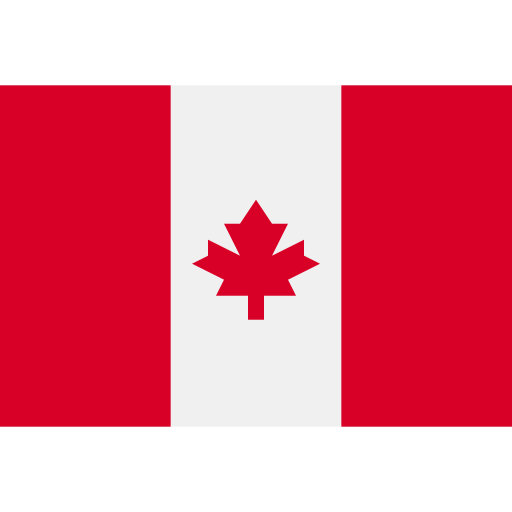 Canada
Canada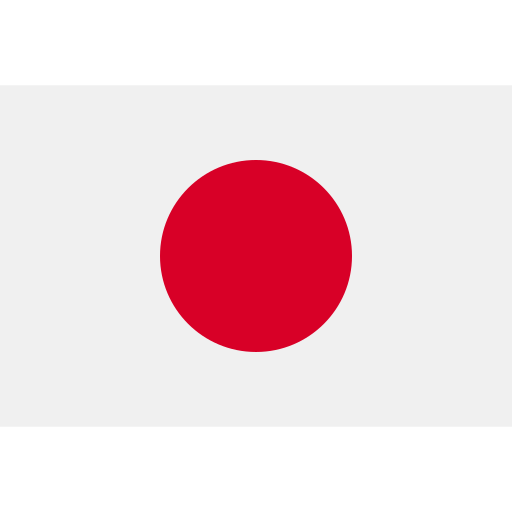 Japan
Japan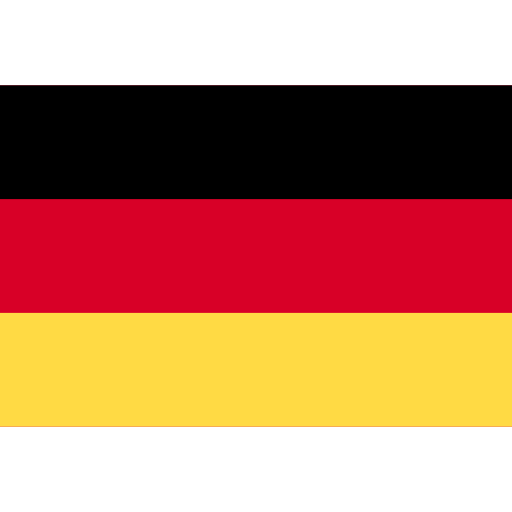 Germany
Germany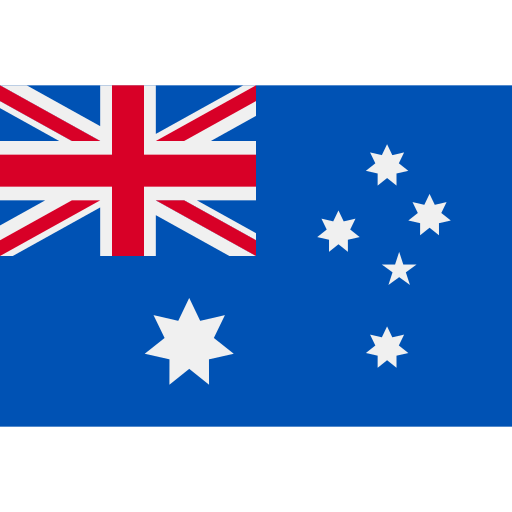 Australia
Australia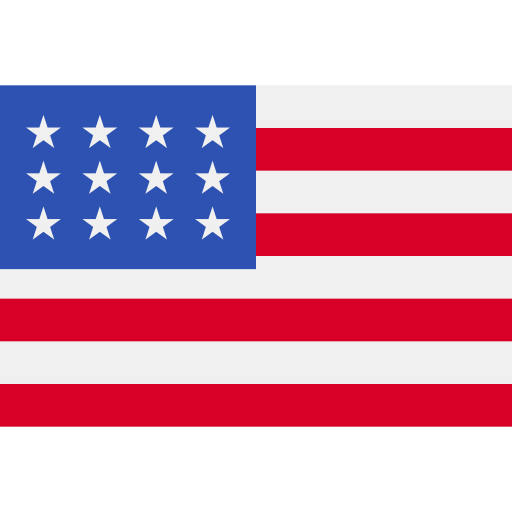 United States
United States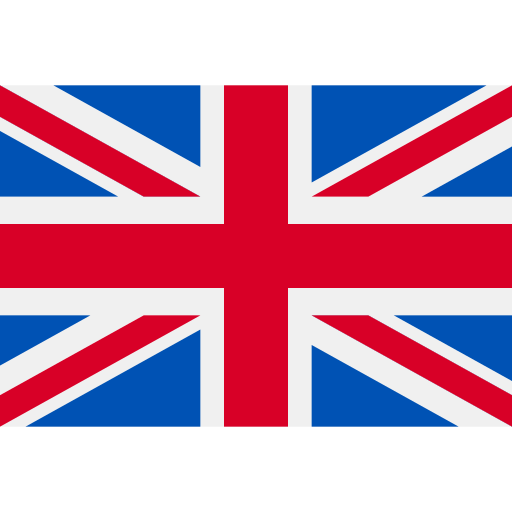 United Kingdom
United Kingdom China
China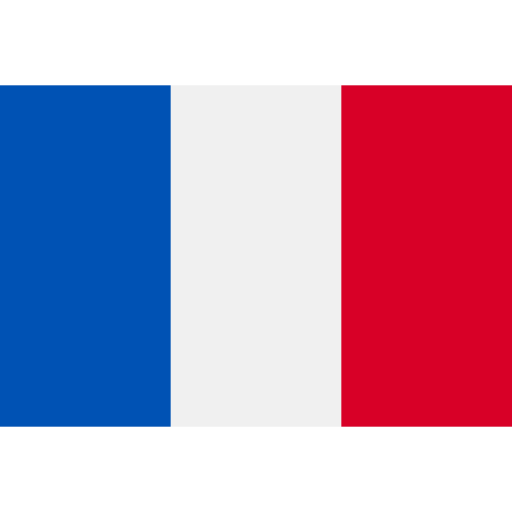 France
France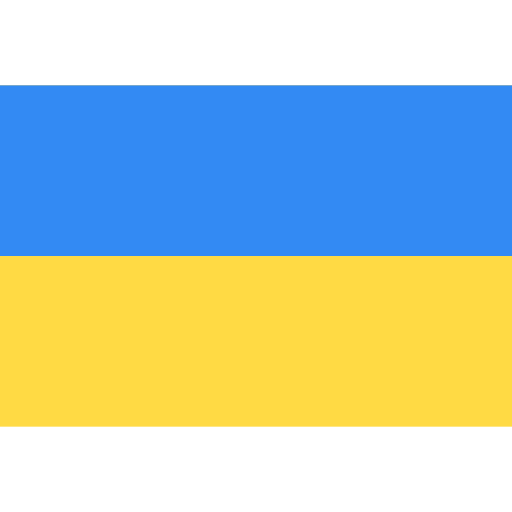 Ukraine
Ukraine Russia
Russia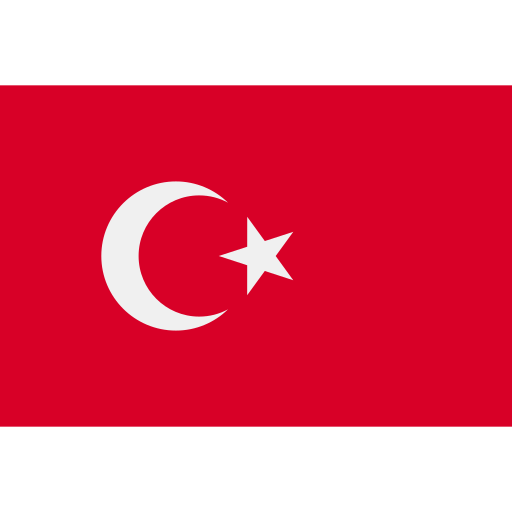 Turkey
Turkey